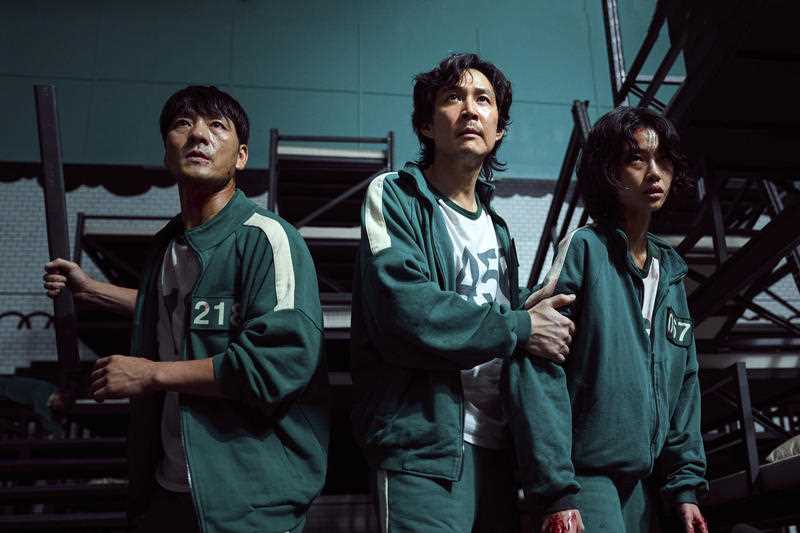Injecting drama into economics, an Australian university is tapping into hit survival show Squid Game to help students win at complex economics.
Squid Game revolves around hundreds of heavily-indebted players who compete in a series of children’s games for millions of dollars, and face death for failure.
Monash Business School researchers found survival strategies used in the Netflix Korean-language drama series can be used for interactive teaching of game theory.
Associate Professor Wayne Geerling says the players in Squid Game are a metaphor for companies.
He said many students struggle to think in a strategic manner when material is taught through traditional “chalk and talk” methods.
“Squid Game can be used as an effective medium to break down barriers to learning because it taps into everyday life and allows students to see connections between abstract theory and real world applications,” he said.
In the game, players are making decisions in real time without full information and to survive they must work out the best way to maximise their chances of winning.
Just like the cutthroat real world of business, Prof Geerling says.
South Korean television series and movies often focus on the “haves” and “have nots”, family responsibilities, and the abuse of power.
Squid Game provides insight on economic inequality, debt, poverty, and more generally the human condition, the Monash researchers say.
“We have examined the strategic interactions of Squid Game in comparison to real life business,” Prof Geerling said.
“How do players, ie companies, interact. Game theory has a lot of real-world applications, analysing how actions influence others and the strategic implications.”
From semester one, students studying first year micro-economics at the business school will use Squid Game to learn about game theory.
By Marion Rae in Canberra, AAP
Get all the latest Canberra news, sport, entertainment, lifestyle, competitions and more delivered straight to your inbox with the Canberra Daily Daily Newsletter. Sign up here.



